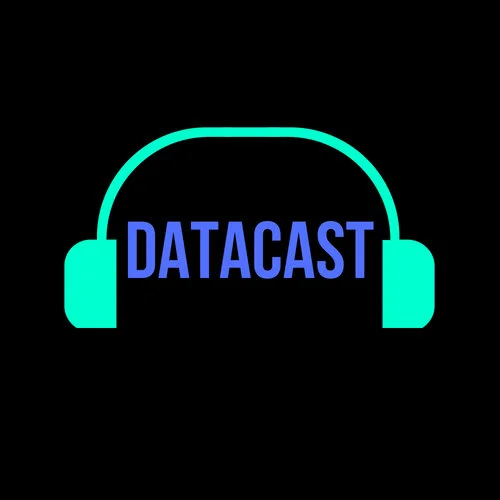Matthew McAteer is a Machine learning Researcher at FOR.ai. Before this, he got his career started in biological aging, before moving on to the mission of figuring out ways in which machine learning could be used on large amounts of noisy biomedical data. He has worked for many companies as a machine learning engineer and researcher, ranging from small startups to Google's TensorFlow team. His work on subjects like security and safety in machine learning has also been showcased at top conferences like ICML.
Biologically-Inspired AI: Differential Evolution, Particle Swarm Optimization, and Firefly Algorithms
There have been significant advances in recent years in the areas of neuroscience, cognitive science, and physiology related to how humans process information. This semester, I’m taking a graduate course called Bio-Inspired Intelligent Systems. It provides broad exposure to the current research in several disciplines that relate to computer science, including computational neuroscience, cognitive science, biology, and evolutionary-inspired computational methods. In an effort to open-source this knowledge to the wider data science community, I will recap the materials I will learn from the class in Medium. Having some knowledge of these models would allow you to develop algorithms that are inspired by nature to solve complex problems.
Biologically-Inspired AI: Genetic Algorithms
There have been significant advances in recent years in the areas of neuroscience, cognitive science, and physiology related to how humans process information. This semester, I’m taking a graduate course called Bio-Inspired Intelligent Systems. It provides broad exposure to the current research in several disciplines that relate to computer science, including computational neuroscience, cognitive science, biology, and evolutionary-inspired computational methods.
Datacast Episode 1: From Molecular Biologist to Data Scientist with Dr. Jon Leslie
Dr. Jonathan Leslie obtained his Ph.D. in Biology from the University of London, studying blood vessel formation at the Cancer Research UK London Research Institute. After 20 years of researching the molecular processes underlying cancer, he turned to data science and founded a freelance consultancy business. He is passionate about promoting open-source software and routinely volunteers as a mentor in the R-programming and data science communities.




